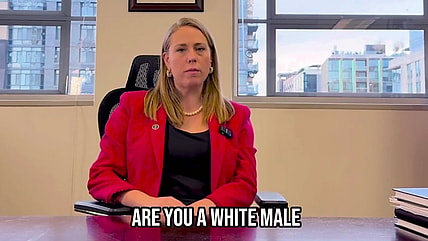All Articles

As President Trump visits North Carolina, polls show persistently high prices have put Americans in a grumpy mood about the…

Trump defended his handling of the U.S. economy, following the recent unemployment rate and amid his lowest approval rating on…

Rep. Joyce Beatty is speaking out after White House claims the vote to rename the John F. Kennedy Center after…

EXCLUSIVE: U.S. congresswomen demand that the Federal Reserve Board confront economic disparities hurting Black households.

Former Vice President Kamala Harris, a potential 2028 presidential candidate, said Democrats have to "speak to this moment."

Advocates have pushed for the legalization of marijuana, considering its prohibition has led to the mass incarceration of Black Americans.

Trump’s handpicked board voted to rename Washington’s leading performing arts center as the Trump-Kennedy Center, the White House said.

The unemployment rate for white men is below the national rate at 3.6%, yet the Black unemployment is at a…

For millions, including Black and young voters who helped expand his coalition in 2024, Trump's claim of an improved economy…

Four Republicans broke with Speaker Mike Johnson and signed onto a Dem-led petition that will force a vote to extend…

FBI Deputy DIrector Dan Bongino confirmed he would be leaving his post in January, one of the highest-profile Trump admin…

Rep. Ayanna Pressley releases report showing Trump clemencies mostly benefited the white and wealthy
U.S. Rep. Ayanna Pressley released a first-of-its-kind analysis report on President Donald Trump's clemency actions since entering office in January.



